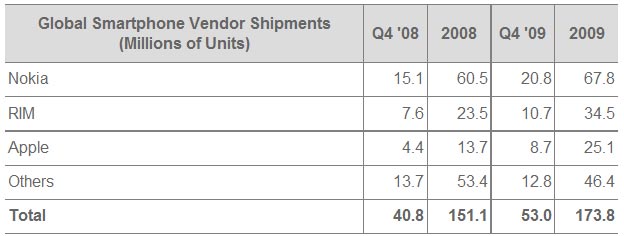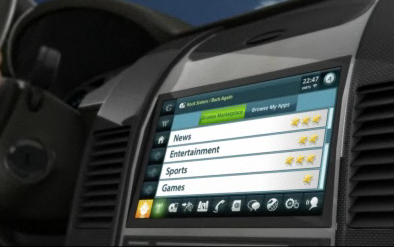 Today our first iPhone game called ”Baby Roulette” was published on the Apple App Store. The whole submission process was really fast. We submitted our app to Apple on Sunday afternoon, it went into review on Monday noon and today (Wednesday) morning it was published on the iTunes Application Store.
Today our first iPhone game called ”Baby Roulette” was published on the Apple App Store. The whole submission process was really fast. We submitted our app to Apple on Sunday afternoon, it went into review on Monday noon and today (Wednesday) morning it was published on the iTunes Application Store.The game is very very simple, so maybe that’s one of the factors for a speedy release…
Why did we build an app like this?
Baby Roulette is a really simple and fun game for kids (mostly) to learn animal sounds. Our main intention for building this game is to get a simple and nice looking game quickly in as many App Stores as possible starting with Apple. Our next targets will be the Ovi Store , Android Market and Vodafone 360, which is still running the ”Vodafone 360 App Star Competition”.
We mainly want to gain insights about different application stores regarding users, downloads, major downloading countries, devices and of course we want to practically go through the whole process of building an application/game and releasing and actually selling it on different app stores. This will help us to enlighten our clients and of course we are also blogging about it. So here are some first facts…

